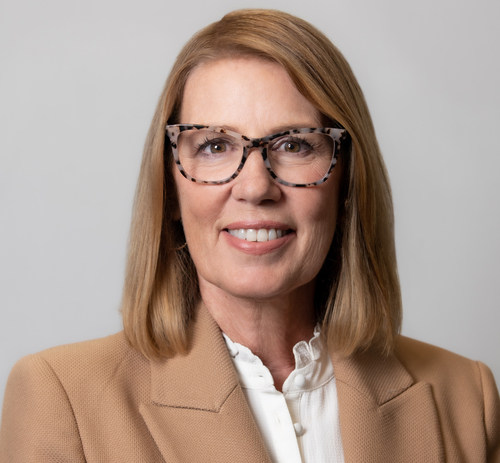The Future of Monitorships
By Karl J. Sleight , Joan P. Sullivan
May 5, 2025 |
Client Alerts
In 2008, then-President Barack Obama famously said, “Elections have consequences.” Seventeen years later that statement is still true. A change in administration at either the federal or state government level ushers in new policies and priorities. But, although priorities most certainly change, the tools that those in power have at their disposal to accomplish their chosen goals stay relatively constant.
One tool that government officials may increasingly look to is the use of monitorships.
Monitorships are a mechanism whereby an independent third party is called upon to oversee an entity’s compliance, usually related to a shortcoming in a particular area of the law following a government investigation. The monitor is charged with implementing agreed-upon compliance requirements and reporting on the company’s compliance progress to the government over a defined period of time. Monitorships typically remain in place for several years.
The independence of a monitor is key to the assignment. Monitors should be equipped with legal, auditing, investigative, and other skills to help the company improve its business practices.
Monitorships are favorably looked upon by the government because they allow for a degree of post-disposition comfort that the company will change its corporate behavior. In addition, the cost of a monitorship is borne by the company, lessening the burden on increasingly scarce government resources. For the subject of a monitorship, while initially viewed with loathing, over time, companies often come to see a monitor as an opportunity to quantify improved corporate compliance and help repair any brand damage resulting from the government investigation. Negotiating the parameters of the monitorship with the government before it is implemented is a critical stage of the process.
A recent report by the Wall Street Journal posited that the Department of Justice’s use of monitors may change focus to those companies that admitted compliance breakdowns that allowed drug cartels to launder money. Sectors that should heed this shift in focus would include banking, payment processing companies, gaming enterprises, cryptocurrency, and real estate entities. Anti-Money Laundering (AML) compliance would appear to be a logical area for federal government investigations.
State government officials have followed suit and are increasingly using monitors, expanding their use into other sectors. In New York, the Attorney General (NYAG) has sought a monitor to oversee the New York Police Department (NYPD) following allegations of systemic civil rights violations. The NYAG also required the implementation of a monitor to oversee all health care operations as part of a settlement agreement involving a large nursing home enterprise. The use of monitors has spread beyond traditional law enforcement offices. Recently, the New York Gaming Commission issued a request for proposals seeking a monitor for a high-profile thoroughbred horse racing trainer to ensure his compliance with state labor laws. That monitorship is planned for two years.
Karl Sleight, a partner at Lippes Mathias, was the former Executive Director of the New York State Ethics Commission and a Deputy Assistant Attorney General. Joan Sullivan is a Senior Counsel at Lippes Mathias and served as an Assistant District Attorney in Manhattan under District Attorney Robert Morgenthau and in counsel’s office with the New York State Commission on Public Integrity. Mr. Sleight and Ms. Sullivan have represented corporations in government investigations and compliance matters for more than a decade. For any questions about this or any related matters, contact them at ksleight@lippes.com and jsullivan@lippes.com.
Related Team
Related Content

Press Releases
52 Lippes Mathias Attorneys Recognized in the 2025 Edition of Upstate New York Super Lawyers
September 29, 2025


Press Releases
89 Lippes Mathias Attorneys Recognized in the 2026 Edition of The Best Lawyers in America®
August 21, 2025


In The news
"AG Watch: Letitia James' Major Influence On Federal Litigation" - Dennis C. Vacco Authors Column for Law360
April 29, 2025


Client Alerts
Court of Appeals Requires Some Evidence of Constructive Notice in Child Victims Act Cases
April 22, 2025

TAGS
MONITORSHIPS CLIENT ALERT
PRACTICE TEAMS
CORPORATE & COMPLIANCE INVESTIGATIONS GOVERNMENT & CORPORATE INVESTIGATIONS




